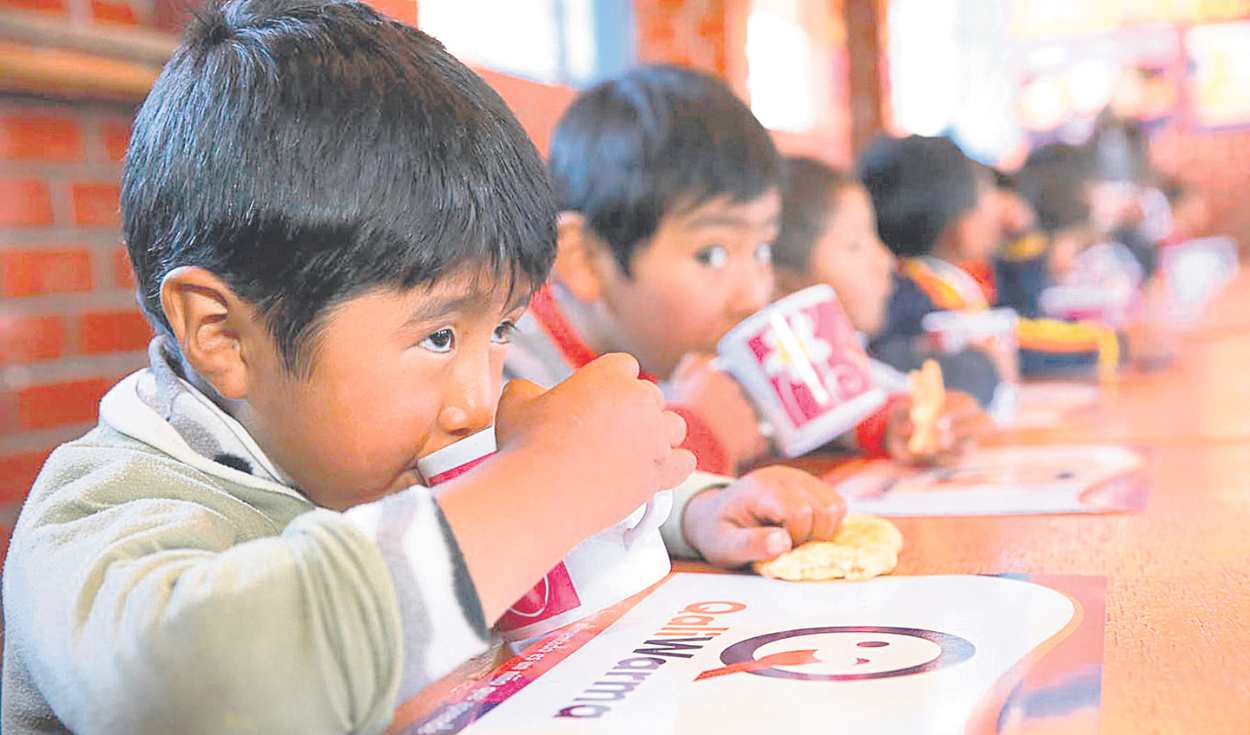
In a globalized worldknowing the experiences of other countries to face common social problems can be a very enriching task, especially when the learning focuses on methodology.
For this reason, the 2019 Nobel Prize in Economics, Michael Kremer, shared some examples of social experiments that were scaling due to the important benefits obtained for the population, within the framework of the XXXIV Annual Research Seminar CIES 2023.
“When I started working on this, I thought of it primarily as a way to understand the causal impact of a policy or program. I now see them as a way to conduct a new type of economic researchsimultaneously promoting science, policies and innovation,” said the Nobel Prize winner.
Experimental economics
For example, in Colombia in the 1990s the PACES program was developed, which consisted of the delivery of educational vouchers so that schoolchildren could study in private schools.
Given the demand, it was decided to hold a lottery. Of the 4,044 applicants, 60% obtained the vouchers. The challenge for Kremer focused on knowing the impact of this program.
He came to the conclusion that by analyzing the “winners” and “losers” of the draw, a more equitable evaluation could be had. At the educational level, it was obtained that those who accessed the vouchers were 16% more likely to complete high school on time.
In addition, formal annual income increased by 8% for these individuals.
Another case that could be studied in Kenya was of a school deworming program that reduced school absences by approximately a quarter (in the short term) and boosted income and consumption by 7% to 14% in the long term ( 20 years later).
That is, while great benefits were generated, the medicine delivered only cost a few cents or up to US$1 per child per year. What Kremer considers “extraordinary high returns.”
With the results of this study, the Government of Kenya, with support from the World Bank, decided to implement the deworming program at the national level, while India also decided to adopt this policy.
In this way, the professor at the University of Chicago also highlighted that using experimental methods as large technology companies do, innovative public policies can be achieved. The key is to test, refine, and test again before expanding solutions, and repeating the process.
Finally, he welcomed the fact that Peru is about to inaugurate the MEF Laba laboratory that will promote research and ensure improvements in the quality of social programs directed by the public sector, according to Carolina Trivelli, principal investigator of the IEP.
The challenge of using results to improve
For former Midis Minister Carolina Trivelli, the real challenge of public policies in Peru is that the evaluation of a program is the input to improve it and thereby impact the lives of the beneficiaries.
“We are left in the wonder of the evaluation. We evaluate something, we get some results and then we don’t use what we got to make things change. And I think that is part of the biggest challenge,” she said during his speech at the CIES 2023 seminar.
Likewise, he added that it is necessary to have a public apparatus that promotes innovation and that rewards those who do a pilot and fail, since pilots allow innovative ideas to be unleashed.
The word
Michael Kremer, Nobel Prize winner in Economics
“I think it’s wonderful that the Government Peru is dedicating so many resources to investing in program evaluations and promoting policy innovation. “It is an important step.”
Source: Larepublica
Alia is a professional author and journalist, working at 247 news agency. She writes on various topics from economy news to general interest pieces, providing readers with relevant and informative content. With years of experience, she brings a unique perspective and in-depth analysis to her work.












